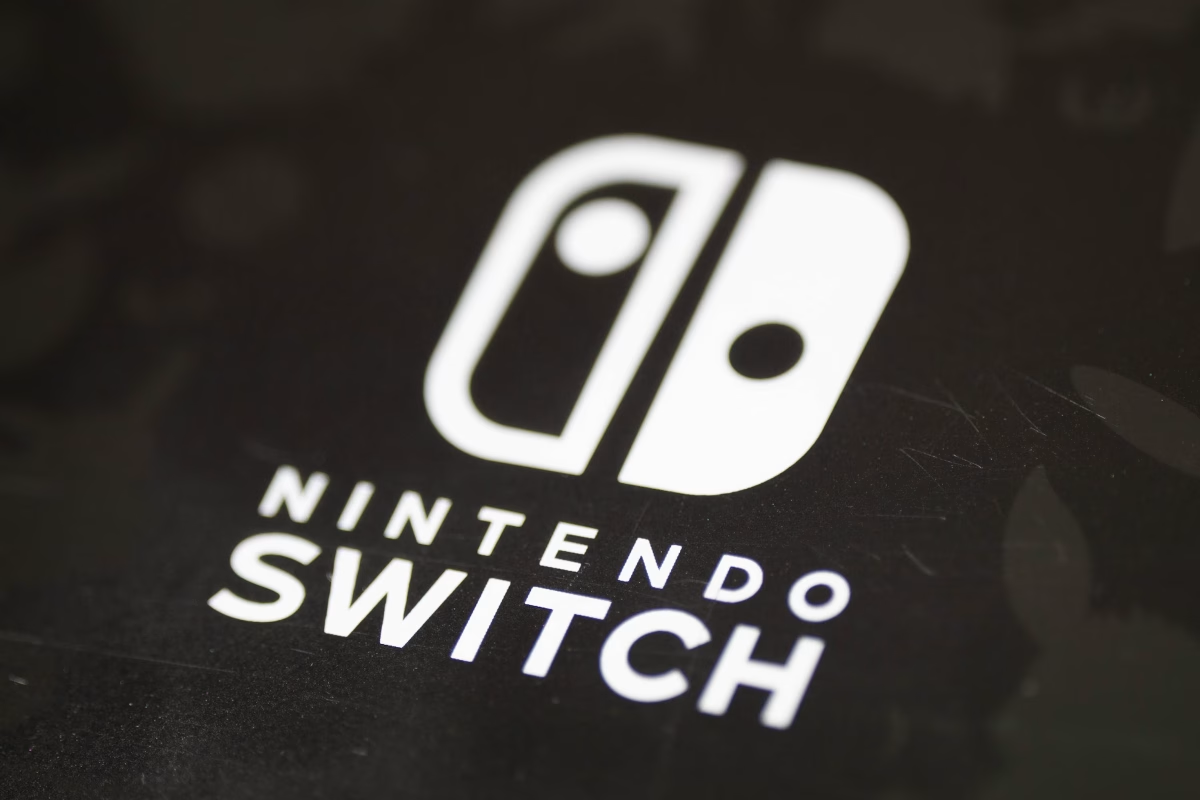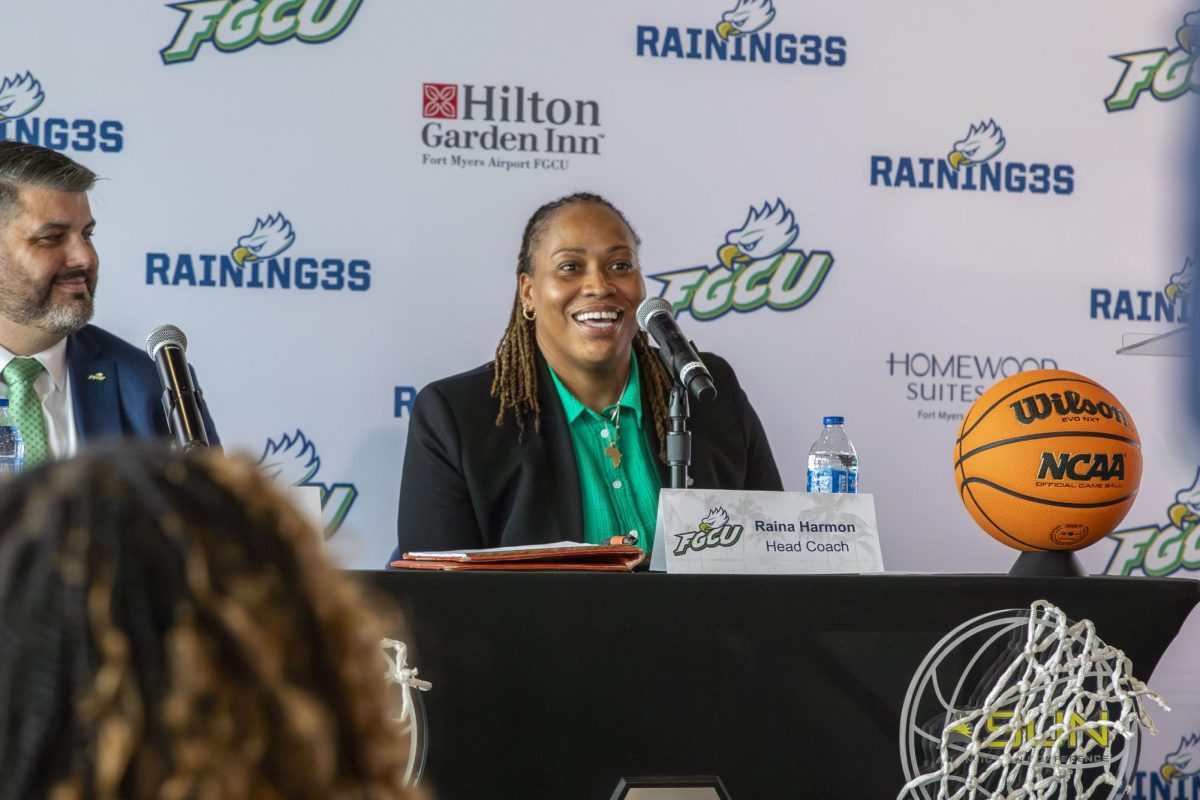Student Government has submitted a new bill for the Alumni Traditions Bench – just a few hours after the Supreme Court overturned the original bill.
The new bill, Senate Bill 1819-027: Traditions Bench, follows similar language to the previous bill, allocating $40,000 toward a bronze bench aimed to serve as a “marketing tool” to establish university tradition.
Student Government Legislative Chair Meghan Donaghy, who presented the original bill, clarified that no names would be listed on the bench, after controversy ensued regarding the ethics and legitimacy of the former bill’s voting procedure.
In a senate meeting held on Sept. 11, Donaghy said that senators would have their names engraved on the bench in exchange for a yes vote when presenting the initial bill, appearing to contrast a Florida statute.
The current bill, which has moved forward for a second reading, will be presented before Senate on Tuesday, Oct. 31, where senators will vote on the future of the bill.
“This is something that’s a staple in a lot of universities,” Donaghy said. “It’s something that would be a great marketing tool, and it’s something that kind of provides a little piece of history of the university. So, that’s the incentive for us to have it on our campus. Big campuses like Ohio State University have benches like this. It’s very well known.”
Other senators weighed in on the importance of preserving university tradition.
“A lot of students that I know, even some senators, have said there’s no real tradition on this campus,” Senator Ben Yaffe said. “You can’t have traditions if you don’t start it. Having a bench is such an easy way to start tradition.”
Funding for the original bill was temporarily delayed following a complaint to the Student Government Supreme Court by a student who questioned the bill’s voting process.
After about three weeks of deliberation, the Judicial Branch released the Court’s official opinion on Tuesday, Oct. 23, halting the bill’s funding.
“It is important to note that the issue in this case does not lie in the merits of the bill or the bench itself,” Chief Justice Shane Broadstone said. “The issue lies in the verbal offer (whether one with concrete substance or a careless off-hand comment) of a benefit during the bills final reading.”
The Judicial Branch found the that the passage of the original bill was not in accordance with Florida Statute 112.313, which states that public officers are prohibited from soliciting and accepting gifts, loans, rewards and favors that could influence a vote.
“The position of senator is one in which should be held in the highest of regards, which is only possible when each individual member is cautious, thoughtful, and aware that even their own small comments, intended or misinterpreted, can carry the weight of the full senate as a force of governance across the university and state,” Broadstone said.


























